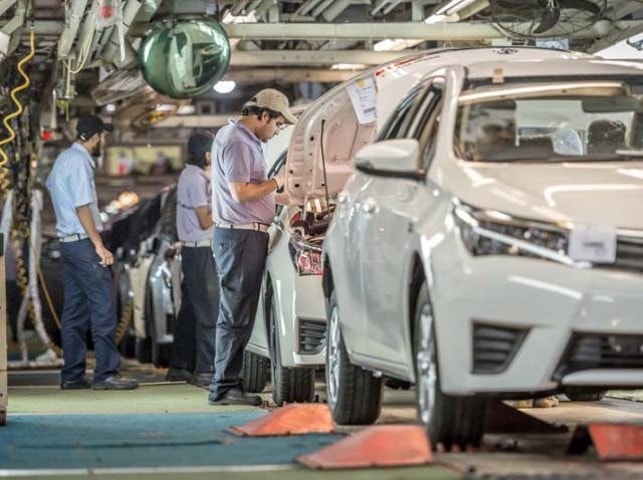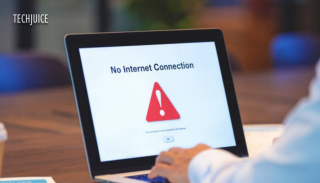Ali Asghar Jamali, the Chief Executive of Indus Motor Company (IMC), has recently shed light on the challenges gripping the country’s automobile sector. Despite grappling with a substantial 55% decrease in production, IMC has managed to navigate these hardships without resorting to any layoffs, highlighting their steadfast commitment to both the nation and the welfare of their employees.
Jamali’s assertion comes in the face of a multitude of issues that have been plaguing the automobile industry, such as feeble consumer demand, swift and unrelenting price hikes, exorbitant auto financing costs, elevated taxes, and the increasingly bleak macroeconomic landscape.
Mr. Jamali articulates that although the prospect of a supply-side recovery remains uncertain, IMC has chosen not to pursue layoffs, underscoring their dedication to both their employees and the nation’s prosperity. Throughout the first half of 2023 alone, IMC suffered a significant 58% plummet in volumetric sales, painting a stark picture of the industry’s struggles.
The hurdles facing the local auto industry have been a long-standing issue, with the scarcity of Letter of Credits (LCs) proving to be a particularly stubborn challenge. This deficiency in LCs has significantly impeded the industry’s ability to meet its production targets, directly translating into a detrimental impact on sales figures. Jamali expands on this by noting the surging influx of imported used cars, a trend that has dealt a heavy blow to the already beleaguered local auto sector. Alarmingly, the total number of imported used cars currently eclipses some of the Original Equipment Manufacturer’s (OEMs) ‘ production figures.
Highlighting the magnitude of the issue, Jamali reveals that an alarming quantity of over six thousand used cars were imported in the 2022-23 financial year, with a staggering 1,800 units making their way into the country in May and June of the same year. He calls upon the government to take action, recommending that they desist from permitting the continued policy of used car imports. Instead, he urges them to rally behind the local auto industry, emphasizing the importance of supporting domestic car production.
Jamali firmly believes that the growth of the auto industry hinges on a well-crafted and thought-out import policy. He contends that the development of the local auto sector can only materialize if the government steps in to regulate the influx of imported used cars, which is currently stymieing the industry’s efforts towards localization. Such imports negate the strides made by the local auto industry in terms of component production and future localization strategies.
Shifting the discourse to broader concerns, Jamali underscores the severe implications of climate change that Pakistan faces. In a bid to address these challenges head-on, he calls for the implementation of strategic measures across all fronts. According to the Global Carbon Budget 2022, Pakistan’s annual CO2 emissions surged to 229.51 million tons in 2021, marking a concerning 9% escalation from the 210.38 million tons recorded in 2020.
Drawing upon his expertise, Jamali proclaims that Hybrid Electric Vehicles (HEVs) present a sustainable solution to the economic quandaries gripping the nation. He underscores the manifold benefits, including achieving macroeconomic objectives, catalyzing employment opportunities, boosting exports, and curbing imports. Jamali posits that HEVs present a pragmatic strategy to reduce carbon dioxide emissions in countries like Pakistan and India, both of which heavily depend on fossil fuels.
In a noteworthy industry development, Jamali reveals that Toyota has injected $100 million into producing HEV vehicles in Pakistan. This investment will soon culminate in the launch of the Toyota Cross, Pakistan’s inaugural locally manufactured HEV SUV. Beyond environmental gains, this pivot towards hybrid technology is also projected to substantially reduce import bills. In fact, the adoption of HEVs on a scale of 30,000 units could translate into a staggering annual saving of approximately $37 million.
Ali Asghar Jamali’s insightful remarks shed light on the multifaceted challenges faced by the local auto industry in Pakistan. Despite these adversities, IMC’s commitment to retaining its workforce and navigating through uncertainty shines as a testament to its dedication. Jamali’s call for a shift towards HEVs and a more judicious import policy, coupled with strategic climate action, may pave the way for a more resilient and sustainable auto industry in Pakistan’s dynamic landscape.












